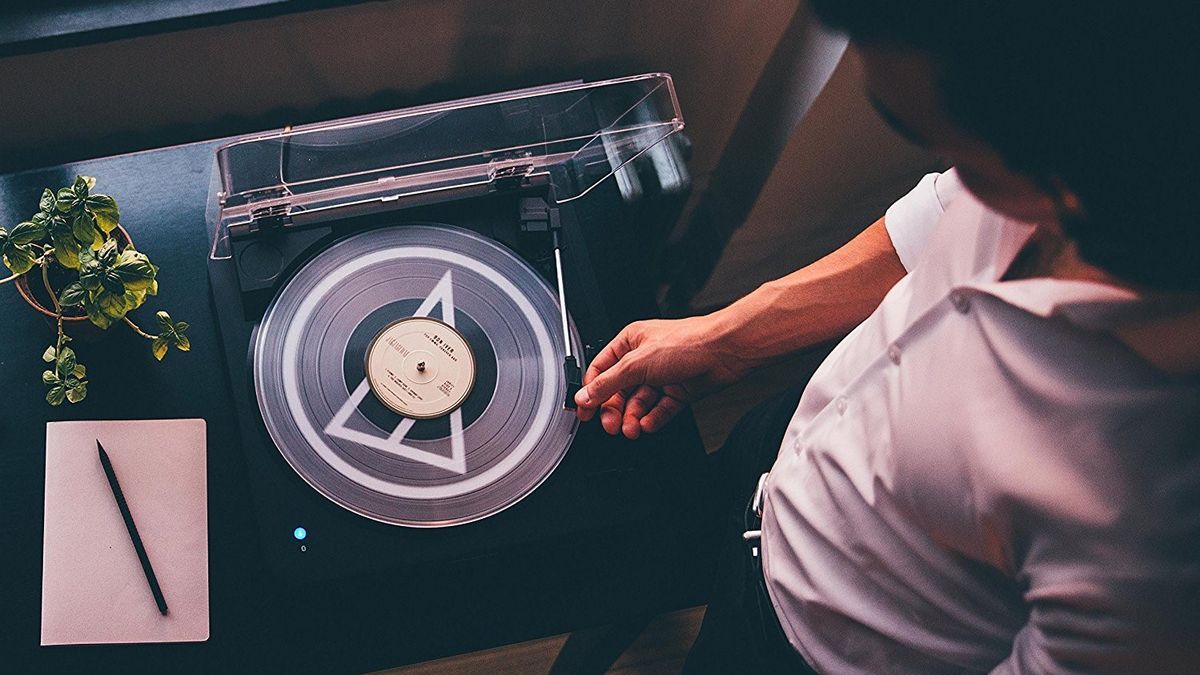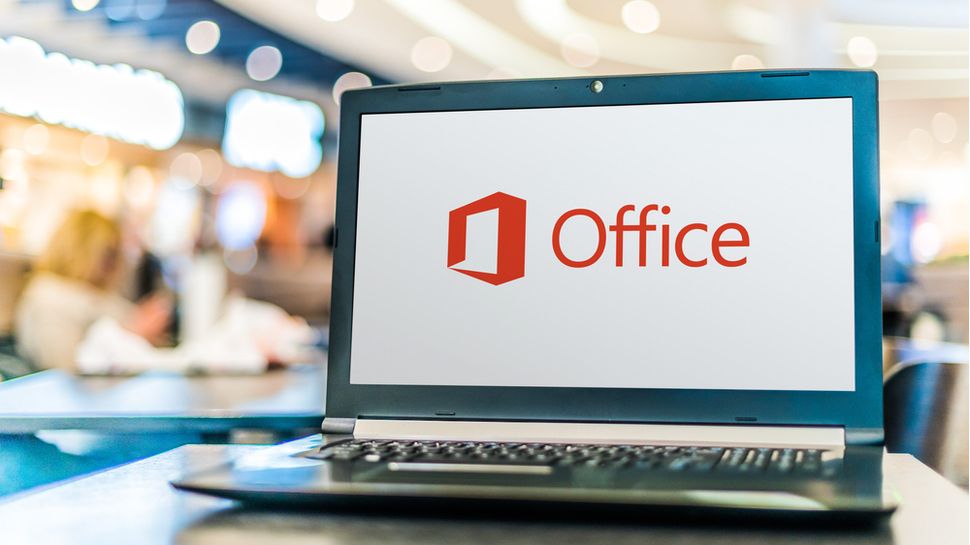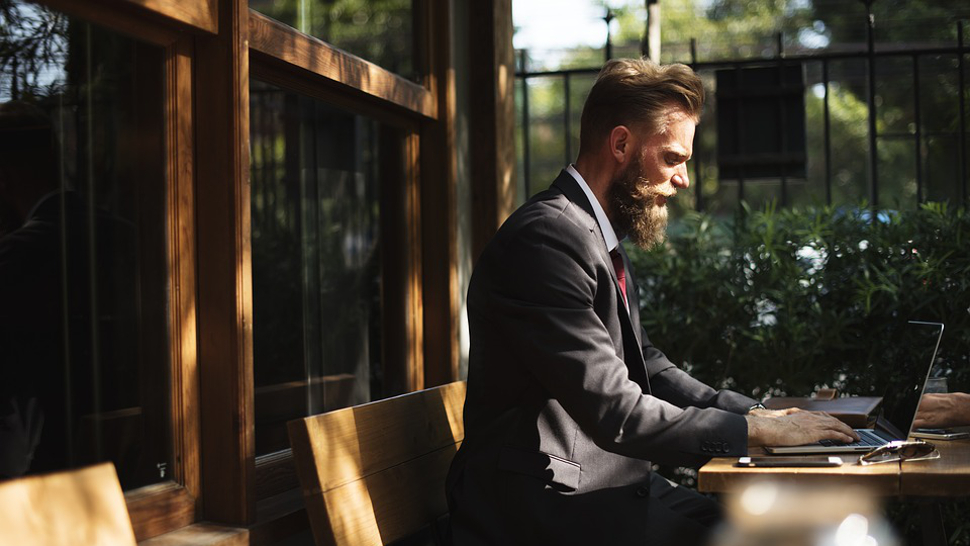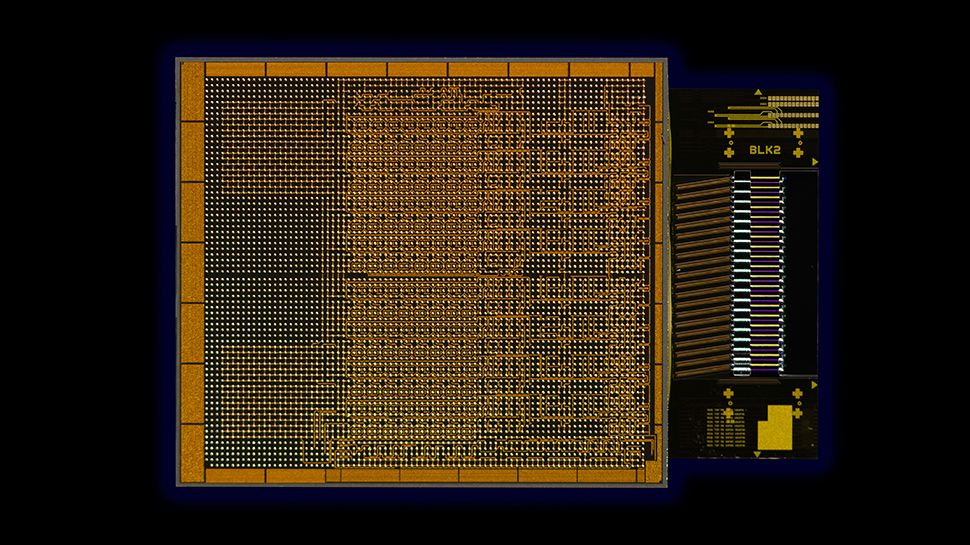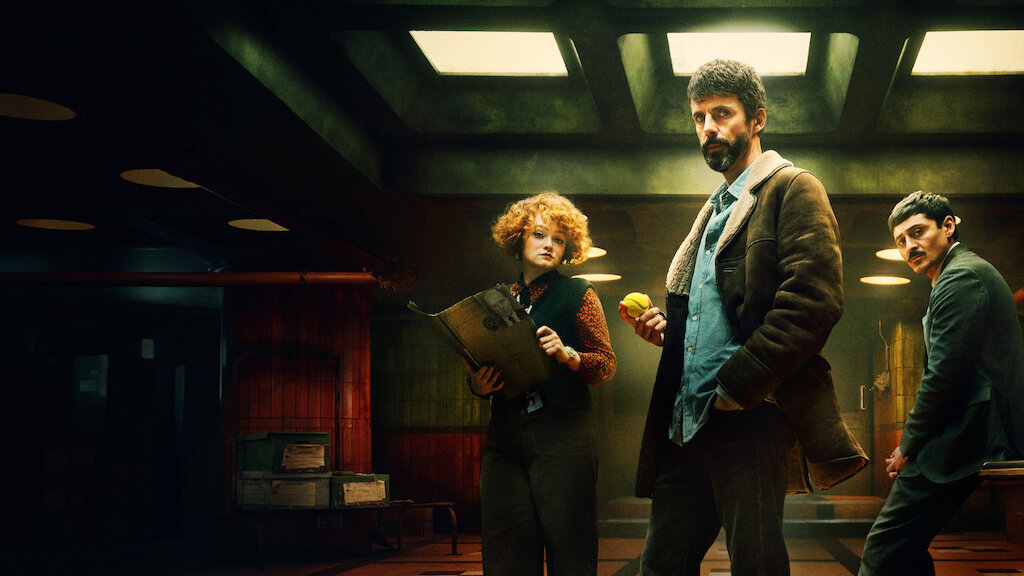Bluetooth turntables have become increasingly common in recent years, so you may be wondering if it's a good idea to buy one. For a long time, there have been two types of turntables. The first type is the all-in-one, the turntable that comes in a single unit that also contains an amplifier and speakers. And the second, much more common type is the turntable that connects to other hi-fi hardware.
Until very recently, that connection was made with a cable, but now an increasing number of manufacturers offer wireless turntables that connect via Bluetooth or adapters that allow you to convert a wired turntable to a Bluetooth one, and several of the best turntables offer this option.
This opens up some interesting possibilities. Getting rid of cables is always appealing (I just moved house and put off installing my audio equipment for years because I wasn't in a rush to spend hours running cables over, under and through things), but Bluetooth turntables can also stream directly to the best Bluetooth speakers or the best wireless headphones. But is this a good idea, or is the cable still the conqueror of connections? Let's find out.
Bluetooth vs. Wired Turntables: What's the Difference?
All turntables work the same way: The record spins, and a needle follows the patterns in its grooves, converting those patterns into an electrical signal. But what happens to that signal differs between wired turntables and those with Bluetooth. With a traditional wired turntable, the signal is sent to the turntable's audio outputs, which are in turn connected to a phono stage to amplify the signal, and then to an amplifier. The amplifier then boosts the signal even more and sends it to speakers or headphones.
With a Bluetooth turntable, the audio signal is transmitted to a Bluetooth transmitter, which transmits the signal to another Bluetooth device. To do this, the signal needs to be processed, which we will look at in more detail shortly.
Bluetooth and wired turntables: convenience
At first glance, Bluetooth is a lot more convenient: no wires! Smart speakers! But for Bluetooth to work, you need to “pair” your devices, which is when the device that’s transmitting says hello to the device that’s going to receive. And while that should work seamlessly and without glitches, that’s not always the case: If you have a Bluetooth speaker or headphones in mind, you’d better Google around to see if there are any pairing issues with your potential new turntable, because there can be annoying and often mysterious incompatibilities. Pairing can also be annoying if you have multiple Bluetooth devices in the same room, or a regular irritation if you also use your speakers or headphones with other audio sources.
Another problem with Bluetooth, which you may have experienced with headphones or earphones, is that sometimes the signal gets choppy or cuts out completely. This doesn't happen with cables, but it can happen even with fairly expensive Bluetooth turntables, as there is a chance of interference.
Bluetooth and wired turntables: cost
While adding Bluetooth to a turntable means more components and complexity, that doesn't necessarily translate into a more expensive turntable: you can get very cheap Bluetooth turntables, as well as some terribly expensive ones.
But, all other components being equal, a Bluetooth turntable will be slightly more expensive (and the better the circuitry, the more expensive it will probably be).
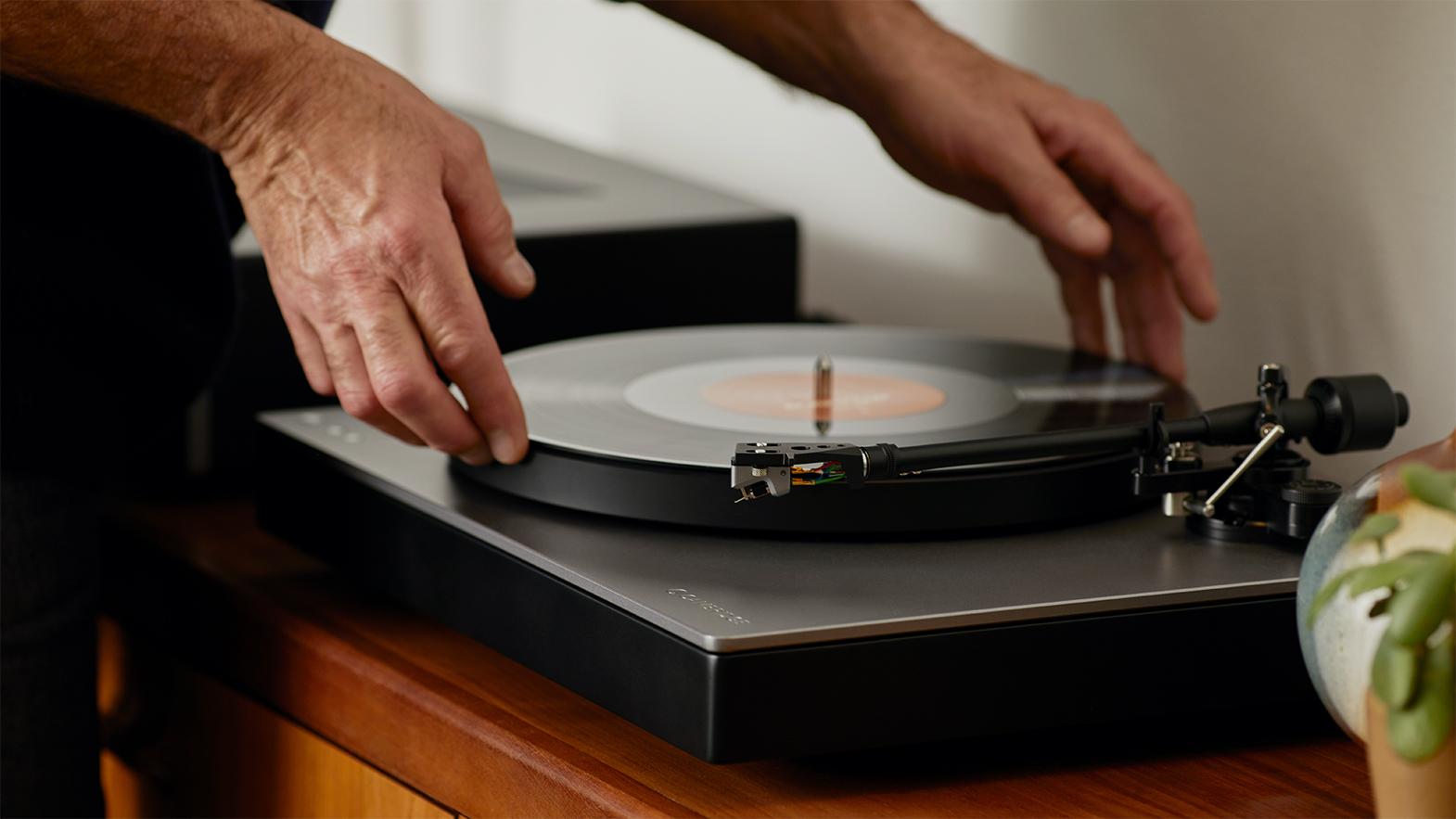
Bluetooth and wired turntables: sound
I've left the most important one for last, because it's the most important to some listeners. Bluetooth cannot play music without losing some of the information that's on the original disc.
Does that matter? It depends a lot on your hardware and your priorities. If you're not listening with high-end hardware or don't mind sacrificing a bit of sound quality in exchange for a lot of comfort, then it doesn't matter at all. And the differences are small unless you have really good hearing and also really good hardware.
However, it is true that there is a trade-off between the convenience of wireless technology and sound quality. There are two reasons for this. The first is that the signal from the turntable is analog, but the Bluetooth signal is digital. I am not going to get into the analog vs. digital debate that has been going on for decades, but many people believe that analog sounds better, or at least is preferable.
The second reason is more objective: Bluetooth is lossy, meaning that some of the original music information is stripped away before the audio reaches your ears. This is because there is a limit to the amount of data Bluetooth can transmit, so when the original audio signal is converted, it is also compressed to fit the available bandwidth.
The tool that decides what to keep and what to cut is called a codec, which is short for encoder/decoder. And the codec your turntable, speakers, or headphones support will have a big influence on what you hear. That's because while all major codecs convert and compress audio information, some do it more efficiently and more pleasantly than others.
This topic can get very technical and boring very quickly, so here’s the key information: SBC is the most widely supported codec, and it sounds pretty good (it’s the standard for Bluetooth headphones), but it’s not as good as newer codecs; aptX is better, and aptX HD and aptX Adaptive are better still, but don’t have as much support. If you like Sony’s gear, chances are it supports LDAC, Sony’s own codec, which is a nice alternative to aptX if your hardware supports it.
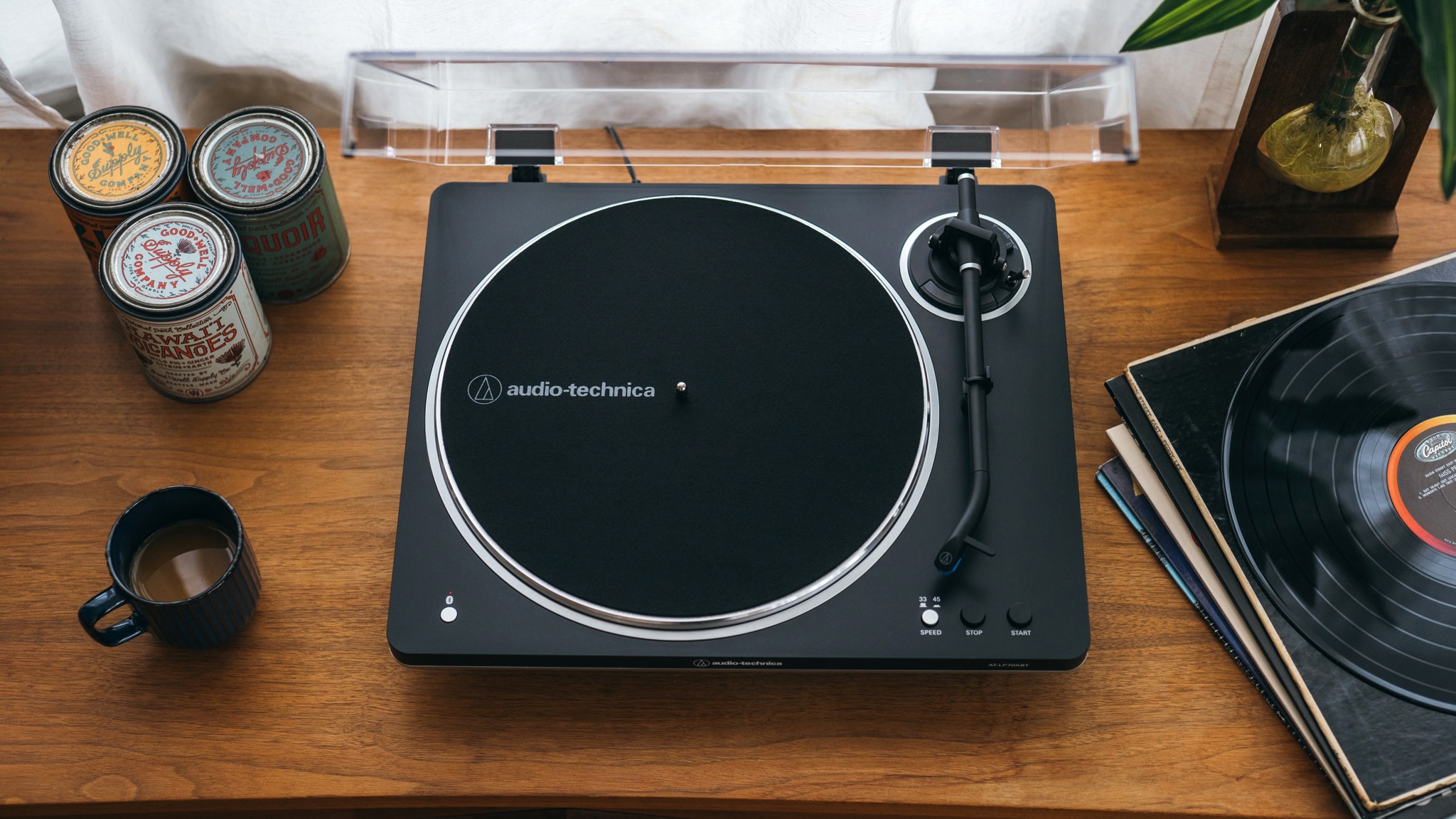
Bluetooth or wired turntable: which should you buy?
If convenience is your priority or you want to listen to music with Bluetooth headphones, then Bluetooth is probably the way to go. If you're serious about sound quality, wired headphones are often better. But why choose them?
If you're starting from scratch, you don't have to choose one or the other: you can get a turntable that offers the best of both wired and wireless worlds, and there are great options in most price ranges.
For example, our current best budget buy, the Audio-Technica AT-LP60XBT (and there's a new version, called the Audio-Technica AT-LP70XBT), has Bluetooth with aptX and wired connections for an amplifier (including its own phono stage, which you can turn off if you don't need it). It's a similar story with many other high-end turntables (such as the Cambridge Audio Alva TT v2), where you'll typically pay a little extra for wireless connectivity but benefit from more playback options.

